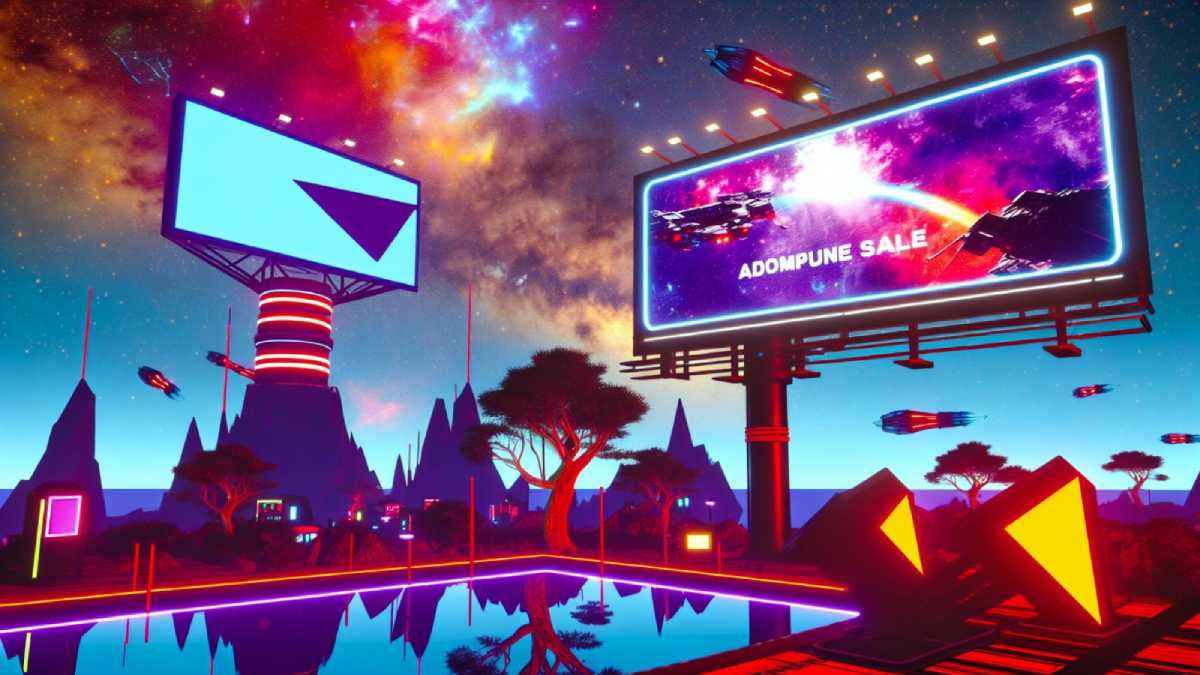Balancing Brand Safety in the Shakey Gaming Space
Posted by Victor Mills • Apr 11, 2024 4:45:49 PM
Projections from eMarketer point to a marked rise in the popularity of advertising in games, forecasting a surge in games advertising spend from $8.53 billion in 2024 to $11.49 billion by 2027. Additionally, according to Entertainment Software Association (ESA) data, there are currently 213 million gamers in the US alone, highlighting the vast audience available to advertisers. A survey also found that 86% of advertisers perceive games advertising as increasingly important to their companies, with 40% planning to boost their ad spend in this space over the next year. Clearly, games advertising has emerged as a vital component of the marketing mix, reflecting the industry's rapid growth and increasing prevalence.
As games advertising matures, it continues to make substantial gains by offering premium, brand-safe inventory, making it a favored channel for marketers. That “86% of advertisers,” affirm its brand safety, positioning it as the second-highest rated channel in this regard. Moreover, 85% express confidence in their ability to measure the effectiveness of games advertising. In response to the growing importance of brand safety in games advertising, partnerships are emerging to enhance safety measures for advertisers. One such collaboration is between Common Sense Networks and Super League, which aims to provide advertisers access to thousands of experiences on platforms like Roblox and Fortnite, all with a sense of consumer safety. Leveraging Common Sense Networks' data and distribution tools, this partnership seeks to offer advertisers greater peace of mind regarding brand safety in game-based campaigns.
Despite these positive sentiments, there are challenges, as indicated by 79% of advertisers finding it relatively more challenging to buy ads in games compared to other digital media channels. This underscores the need for better research on gaming audiences and customization of ad formats to maximize engagement. Meanwhile, SuperAwesome, although no longer part of Epic Games, remains committed to expanding its youth-focused ad marketplace. Following its spin-off from Epic Games, SuperAwesome's CEO, Kate O'Loughlin, outlined plans to strengthen the company's AwesomeAds network and workforce. This strategic move highlights the strong relevance for, and audience potential of, game advertising in reaching younger audiences while maintaining a brand safe environment.
Topics: Brand Safety, Technology, Brand Suitability, Mobile, gaming, digital advertising, mobile gaming, advergames
Want To Stay Ahead In Brand Safety?
Sign up for the BSI Newsletter to get our latest blogs and insights delivered straight to your inbox once a month—so you never miss an update. And if you’re ready to deepen your expertise, check out our education programs and certifications to lead with confidence in today’s evolving digital landscape.

